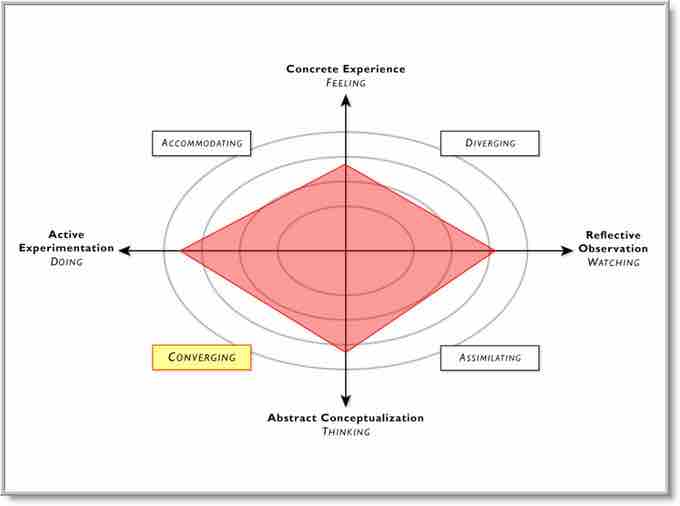Learning
In consumer marketing, learning is known as a psychological variable that can significantly affect the purchase decision process for consumers. Learning is the process of acquiring new, or modifying existing, knowledge, behaviors, skills, values, or preferences. This process may involve synthesizing different types of information. The ability to learn is possessed by humans, animals, and some machines.
Learning is considered to have a psychological influence on consumer behavior, along with motivation and personality, perception, values, beliefs, and attitudes and lifestyle.
Types of learning include:
- Simple non-associative learning (habituation and sensitization)
- Associative learning
- Imprinting
- Observational learning
- Episodic learning
- Multimedia learning
- E-learning
- Rote learning
- Informal learning
- Formal learning
- Tangential learning
- Dialogic learning
There are three main categories of learning theory: behaviorism, cognitivism, and constructivism. Behaviorism focuses only on the objectively observable aspects of learning. Cognitive theories look beyond behavior to explain brain-based learning. Constructivism views learning as a process in which the learner actively constructs or builds new ideas or concepts.
Merriam and Caffarella (1991) highlight four approaches or orientations to learning: behaviorist, cognitivist, humanist, and social or situational. These approaches involve contrasting ideas as to the purpose and process of learning and education, in addition to the role that educators should take.
David Kolb's model

David Kolb's model
The David A. Kolb styles model is based on the experiential learning theory.
The David A. Kolb styles model is based on the experiential learning theory, which was explained in his book Experiential Learning: Experience as the Source of Learning and Development (1984). The ELT model outlines two related approaches toward grasping experience: concrete experience and abstract conceptualization, as well as two related approaches toward transforming experience: reflective observation and active experimentation.
According to Kolb's model, the ideal learning process engages all four of these modes in response to situational demands. As individuals attempt to use all four approaches, however, they tend to develop strengths in one experience-grasping approach and one experience-transforming approach. The resulting learning styles are combinations of the individual's preferred approaches. These learning styles include:
- Converger;
- Diverger;
- Assimilator;
- Accommodator.
Convergers are characterized by abstract conceptualization and active experimentation. They are good at making practical applications of ideas and using deductive reasoning to solve problems.
Divergers tend toward concrete experience and reflective observation. They are imaginative and are good at coming up with ideas and seeing things from different perspectives.
Assimilators are characterized by abstract conceptualization and reflective observation. They are capable of creating theoretical models by means of inductive reasoning.
Accommodators use concrete experience and active experimentation. They are good at actively engaging with the world and actually doing things instead of merely reading about and studying them.
Kolb's model gave rise to the Learning Style Inventory, an assessment method used to determine an individual's learning style. An individual may exhibit a preference for one of the four styles—accommodating, converging, diverging, and assimilating—depending on his or her approach to learning via the experiential learning theory model.